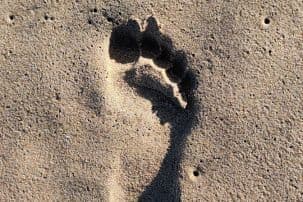
AuSSI Ecological Footprint (Secondary)
Lesson1 of 7 in this unit
SecondaryYear 7 - 10Humanities and Social SciencesGeographyCivics and CitizenshipEnvironmentalBiodiversity
Summary
Lesson Guides and Printables
Lesson Plan

Student Worksheet


Lesson Plan

Student Worksheet
